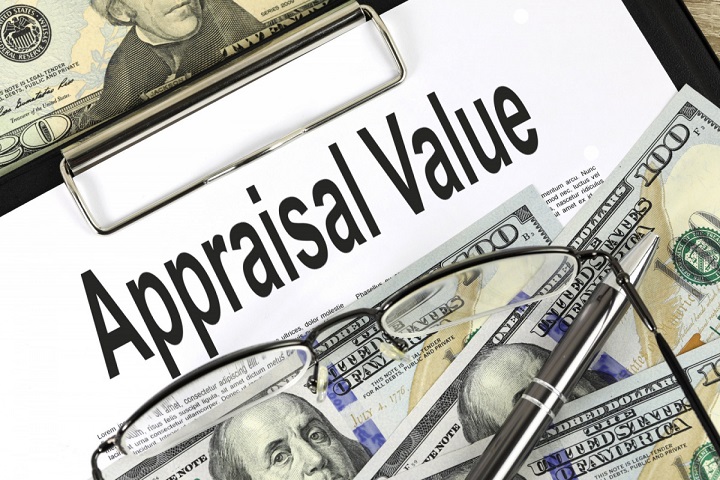When it’s time to meet with their mortgage experts and apply
for loans, most home shoppers accept mortgages with fixed interest rates. When
they do, the interest rates are locked in throughout the life of their loans. That’s
a good thing, of course, if interest rates are low when the buyers get their
loans.
Adjustable-rate mortgages (ARMs) can seem complex and
unpredictable by comparison. At its outset, the common “hybrid” adjustable-rate
mortgage starts with a low, fixed teaser rate that the borrower keeps for a
certain period — normally three, five, seven, or ten years. Then, it becomes
adjustable.
After the initial, fixed-rate period, the payment is
recalibrated based on the current interest rates and following the terms set
out in the mortgage. Often this is done annually. An ARM could be written as
5/1, for example, meaning the borrower enjoys a low, fixed rate for a five-year
period, and after that, mortgage payments will be adjusted every year. So, a borrower
who goes to the adjustable rate has to make higher or lower monthly payments as
interest rates fluctuate.
An adjustable-rate mortgage typically puts a limit (cap) on
the homeowner’s payment increases. Nevertheless, there’s an element of risk in
a variable rate. It’s possible that the borrower will have to make much larger
monthly payments in later years.
Let’s turn to why some home buyers choose adjustable-rate
loans despite this risk.
Continue reading “Should You Get an Adjustable-Rate Mortgage? Here Are 6 Reasons You Might”










